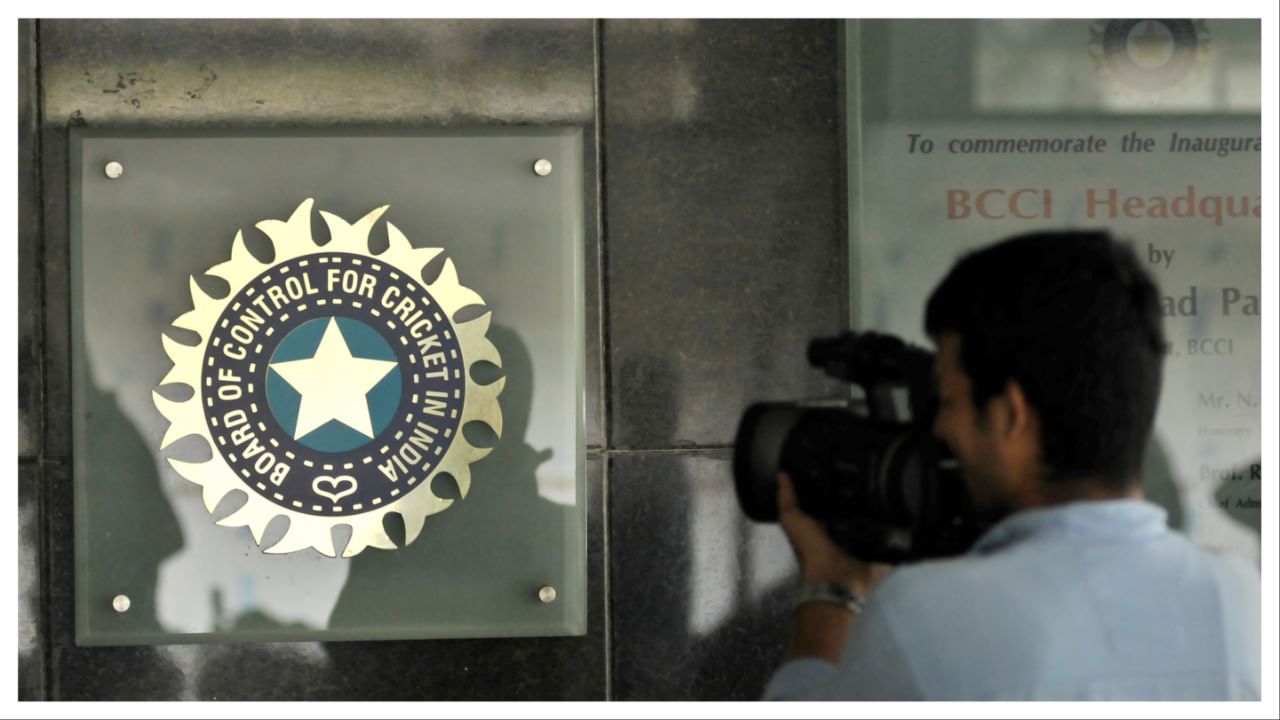New Delhi: The central government on Wednesday introduced the National Sports Governance and National Anti-Doping (Amendment) bills in the Monsoon session of Parliament. Sports Minister Mansukh Mandaviya introduced the bills in the Lok Sabha, with the Sports Bill put in place to bring in greater transparency in the functioning of national sports bodies, including the BCCI, by making them more accountable to a regulatory board and Anti-Doping to ensure better compliance with the World Anti-Doping Agency (WADA).
The National Sports Governance Bill has provisions for the establishment of the National Sports Governing Bodies, like the National Olympic Committee, the National Paralympic Committee, the National Sports Federation and the Regional Sports Federation, unlike the Indian Olympic Association (IOA) or the National Sports Federations (NSFs) are following at present. The National Sports Bodies (NSBs) will govern the respective recognised sports organisations.
The Bill was introduced, seeking to provide for the development and promotion of sports, welfare measures for sportspersons, and ethical practices by ensuring good governance, ethics and fair play.
It will also take care of resolving sports grievances and sports disputes in a unified, equitable and effective manner.
All sports organisations will come under the public authority under the Right to Information Act, 2005, with respect to the exercise of its functions, duties and powers.
New bill to oversee the functioning of federations including BCCI
The Board of Control for Cricket in India (BCCI) is also covered under the National Sports Governance Bill. Despite the world’s richest cricket body doesn’t get government grants, cricket’s comeback in the Olympic roster in the 2028 Los Angeles Games, means that the BCCI will have to adhere to the new Sports Bill.
According to a source as quoted by PTI on July 22, Tuesday, the BCCI will remain an autonomous body, but all its disputes, including elections, selection, will be resolved by the proposed National Sports Tribunal.
“They will remain an autonomous body like all other NSFs but their disputes, if any, will also come to the proposed National Sports Tribunal which will become the dispute resolution body for sports matter ranging from elections to selection,” the source said.
Until 2019, BCCI was not recognised as a National Sports Federation (NSF), but the new bill changes its position as it will now come under the bill’s ambit it will automatically be deemed as an NSF, putting the Indian Cricket Board under the purview of all Sports Ministry rules and guidelines.
The bill also makes some concessions in the age cap for administrators by allowing those in the bracket of 70 to 75 to contest elections if the concerned international bodies’ statutes and byelaws allow for it. Previously, the national sports code that capped the age limit at 70.
Meanwhile, the National Anti-Doping (Amendment) Bill-2025 seeks to incorporate the changes sought by the World Anti-Doping Agency (WADA), which objected to “government interference” in the operations of NADA, the country’s Anti-Doping Agency.
The act was originally passed in 2022 but was put on hold due to objections raised by WADA.
(With PTI Inputs)
